The first day of the year we planned to leave the immense empty city of Naypittaw to go to Chaungta beach or Ngwesaung beach. Our bus would only leave at 9 pm so we still had a full day to keep us busy. There was still an important job to be done: finding a place to stay in Chaungta beach. The previous days we didn’t spend so much time on searching, but we did realise it wasn’t so easy to find an affordable place. Searching on Agoda, Tripadvisor or Booking did lead to no results. Everything was fully booked, because on the weekend the beach gets flooded with locals and people from Yangon. And it was of course also the New Year when many were enjoying their holidays. It appeared that some hotels and guest houses not only have different prices for low season and high season, there is also a ‘super high season’: from 25 December to 1 January. The only place still available seemed to be a campsite to sleep in a tent for a whopping price of 45USD.
Right before we were about to look for an alternative option, stay 1 night in the close-by city of Pathein, we checked AirBnB again. A few days before, we had done the same, but at that point there were no places to stay. To our surprise, there now was a place available. Even better: it seemed to be run by a Belgian guy Stef. We sent a request to stay at his place and a few minutes later after a skype call we had our confirmed stay. And this for the third of the price of the cheapest option from other guest houses and hotels in the area.
Relieved, Elize went for a swim in our fancy hotel and I enjoyed the internet facilities to put three blog posts online, work on some photos and get some work done. Because of all the moving around and short stays in some places I did not make sufficient time to work a bit.
While the very caring hotel assistant, suggested us a few budget places to eat in the town, we choose to stay and eat in the hotel. It was more convenient and we knew the food is very good. We both finished our dinner with a Glenn Fiddich whiskey before we leave for the next long journey.
With an hour delay we left the bus station. Happy to be on the right bus and worried in the same time because of total abundance of comfort. The seats could only be reclined a little bit. No blanket for the night. We were sitting right behind the front wheels, which meant I couldn’t put my feet under the seat in front of me. And because the middle alley was occupied by young men sitting on uncomfortable small red plastic chairs, I also couldn’t stretch my legs in that direction. Try to be humble, I thought by myself. For them, the trip was far more uncomfortable, even they were only going until Yangon. To make things worse, the TV and sound system was playing burmese shlagher songs, too loud to ignore or sleep with. Later in the evening the TV was turned off, but the music was replaced by very repetitive but still too loud to be comfortable burmese mantras. In the I miraculously managed to sleep for a little hour.
(Note from Elize: it was not only the music, the uncomfortable seats and ice cold AC that made us suffer. Every 2 to 2,5 hours the bus stopped for 30 minutes break. Yes, it is great that we could empty our bladders, but every time we were all kicked out from the bus. With no option to snooze through the break.)


An hour earlier than expected we arrived in Pathein (known by the British as Bassein). The bus terminal and the bus station were not in the same spot. It wasn’t clear at all where we had to get off. At some point a guy came on the bus and suggested us to get off. Confused, I only realised after a minute that it was a taxi driver that had stepped on the bus and tried to lure us for an expensive taxi ride. The bus driver or his assistant were also not very helpful, as they did not understand my question about the bus terminal or bus station. In the end, a friendly passenger urged us to stay on the bus. She also suggested us to take the ‘ferry’ once we arrived at this terminal. This ferry turned out to be a free shuttle truck, that would drive to the centre. Again lucky by meeting the right people, in the same shuttle truck a student suggested to follow him. He brought us straight to the bus station. So far, so good. But we were not yet at the final destination. We knew there was a bus every two hours, but the first bus was already fully booked, unless we would go for sitting on the infamous plastic benches. Next bus would still be a wait of 2,5 hours. We opted to take a shared taxi together with 3 other women. It would not only be faster, it also turned out to be cheaper than a regular bus ride. The taxi driver first still had to get extra fuel (given by a young boy from a can) and had his car tyres inflated before we started the 2 hour long taxi ride. I was sitting rather comfortable in the front of the car, while Elize was squeezed between 3 older ladies in the back. A few times I would look back to make sure, if she was a little bit ok. Knowing that my grandpa-driving style already makes her nauseous, the driver’s nervous driving style in combination with a wild ride over winding, bumpy roads wasn’t very promising. Holding tight in the back, her pale face remained silent. In the same time I was using Skype to get the details from our host, where to get off exactly. The taxi trip felt like a 2 hour long wild rollercoaster ride through a magnificent landscape of mangroves, crane-style fishing constructions at small rivers, rice paddies with dozens of people planting rice. Many times we would pass by some stands playing music, where usually children and young girls were holding a round bowl to collect money. At one time our taxi driver made a small donation of 50MKK without slowing down the car. Driving at some 40 kilometres per hour, he dropped his bill in the hands of a surprised girl. Later the ride, other girls would sometimes have to jump back from his rather disrespectful driving style.
Next to voluntary donations, the road to Chaungta beach also has many more or less unofficial looking toll boots. Those boots are run by young men and seem to be randomly planted at various strategic places. During our less than 40 kilometre long drive, we would pass at least 4 of them. I guess at least one of them was an official one.
The most disturbing fact for me where the children working on the road. Since Chaungta beach is becoming more popular tourist destination, bigger busses should be able to reach the many resorts. That’s why the road needs to be improved and made more wide. This hard work is done by hundreds of people, including children, both young girls and boys, digging, putting a stone foundation by hand and boiling pure tar in open metal crates. Black unhealthy fumes and a terrible smell flew directly in their face. Without any protection, they filled a small bucket with the hot tar and disposed it meters ahead on the road. Cones would prevent drivers melting their tyres, but no cones, no other signalisation of protection for the child workers. I really felt sorry and bad for their situation. We had already seen children digging roads in India before, but working in these conditions were much worse.
Not to mention the negligence to protect the beautiful strip of nature to reach the beach. At many points, the consequences of large-scale deforestation could be seen for the creation of rice fields or other purposes. A few times I would also see half empty crates laying next to the road out of which pure tar was running directly into the nature, causing, without any doubt, a local ecological nightmare.
A while after we arrived at the beach town, which is still close enough to paradise. Our friendly host Mya was waiting for us near the road and took us to our little but very tidy guesthouse. The room was basic, but had all we needed: a bed with a mosquito net, a clean bathroom with toilet. No hot water though, and electricity only between 6 pm and 9 pm. No wifi. I guess we’ll survive the next couple of days without those in this little paradise.
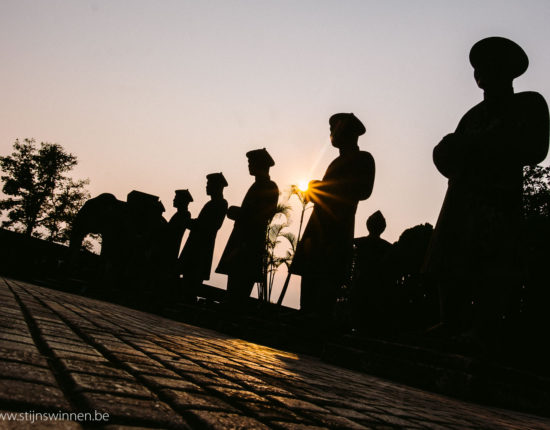

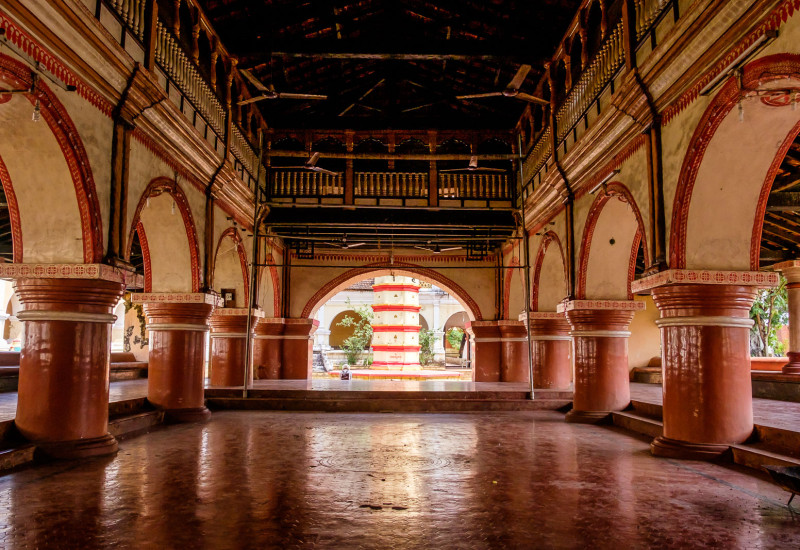
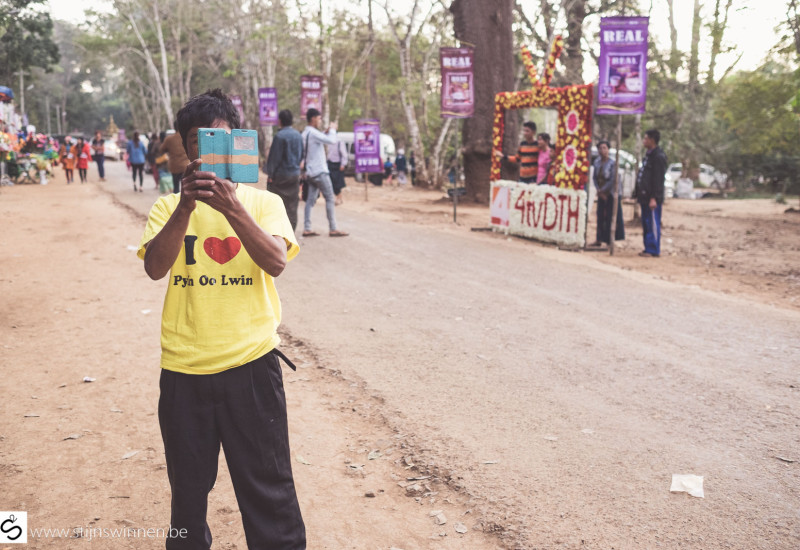
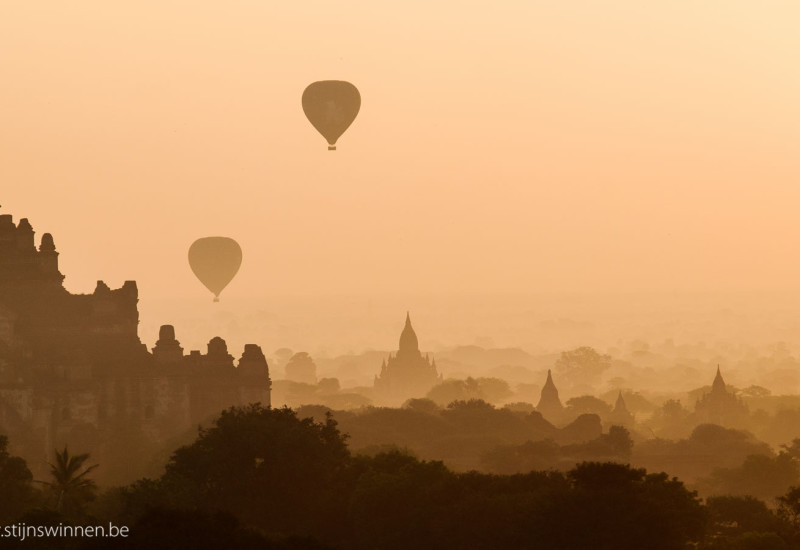
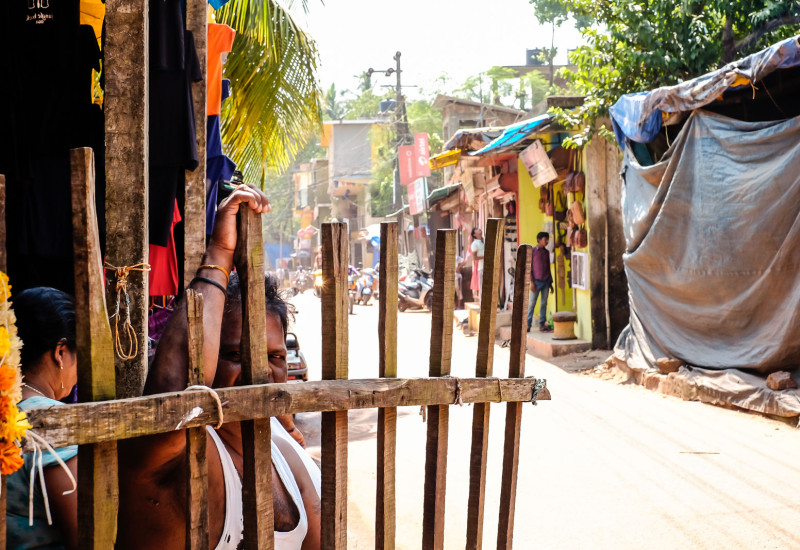
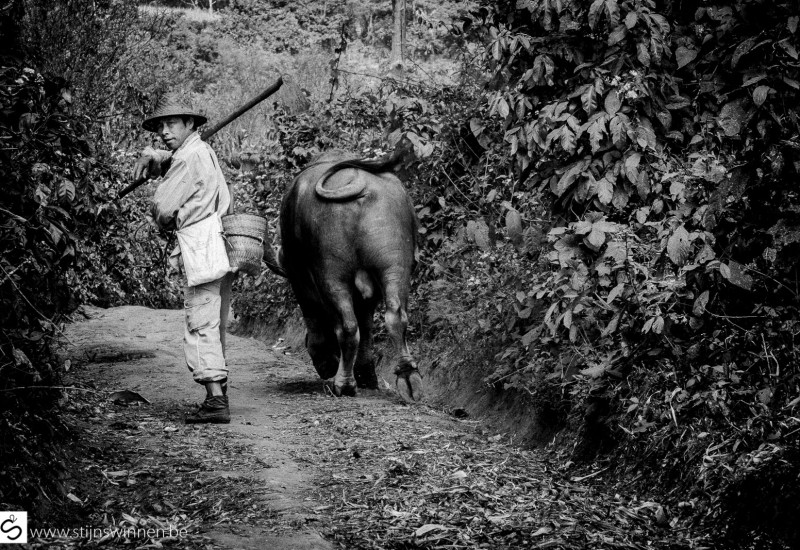
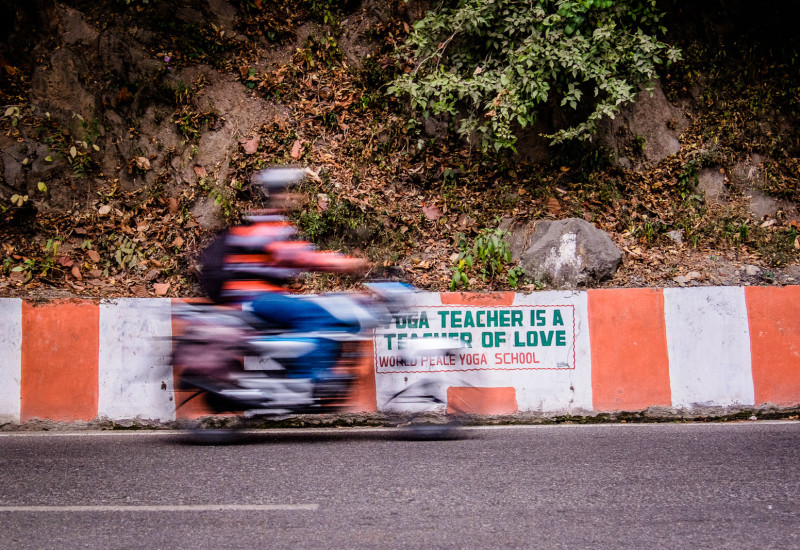
Leave a Reply